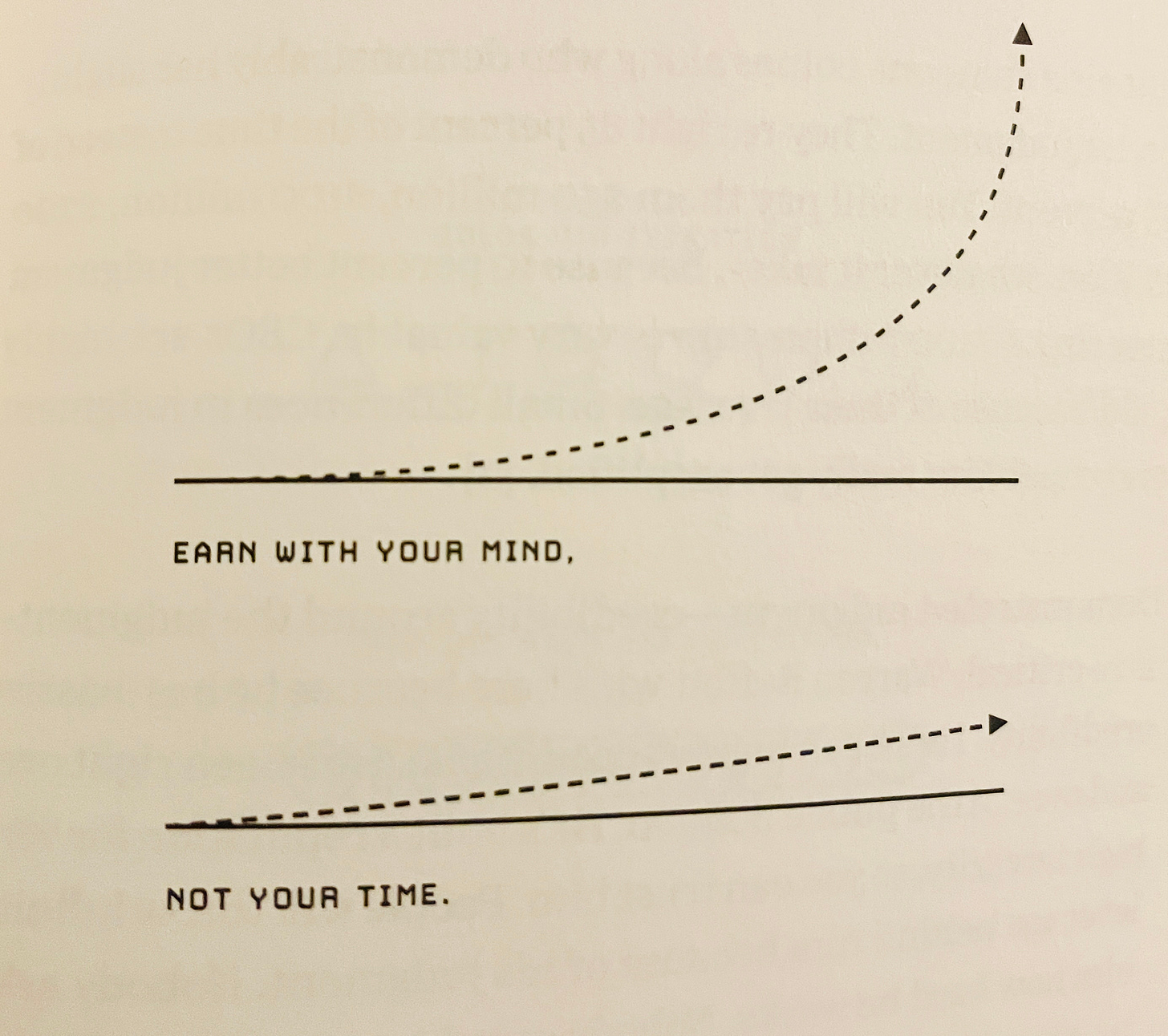“If you don't find a way to make money while you sleep, you will work until you die."
Those are the wise words of Warren Buffet, one of the great business minds of our time.
And they ring true. But, unfortunately, this advice is often overlooked in the real estate sales profession, which is reliant on a customer service game where most agents treat themselves as glorified employees – tied to their phones and in-person appointments – compared to business owners in other fields who build scalable systems that create consistent results.
Customer service, at its core, is a rent-your-time for money game. With your waking hours being finite, that's a problem unless you execute a scalable system that provides customer service at a high level.
Without scalability and leveraging, you'll soon hit your natural ceiling of achievement, and, especially if you have a low ceiling, that alone can leave you working until you die.
In fact, I've observed as a real estate coach/mentor that, ultimately, an agent’s biggest limiting mindset is their inability (or refusal) to scale by leveraging their knowledge.
Truthfully, this idea – thinking you’re the best at specific tasks or that you already know everything – is the ultimate form of ego. Because in reality, you are likely only a Level 1-2 Leader - and you’re just scraping the surface of business success. Most agents are blind to this truth.
In fact, this "control freak" mentality or desire to hold onto tasks that don’t serve you well is debilitating. Thinking you're the only one who can provide good service, or choosing to desperately hang onto low dollar-per-hour activities that you’ve always done before, is what I‘ve observed as the top reason for the burnout, and very one-sided life wheel, of many top producing agents.
That's why I want to share with you that it doesn't have to be that way.
There are three ways to scale your knowledge in a customer service business:
1) through media,
2) through technology systems, and
3) through people.
Based on my years as a high-producing agent, I suggest first scaling as far as you can through media and technology. The last step would be to scale through people, simply because of the higher cost.
Scaling Through Media.
An example of scaling through media is posting your knowledge and brand to YouTube videos and/or maxing out your social media posts on Facebook, Instagram, Twitter, LinkedIn, etc. to generate organic business opportunities and gain attention. You should have media in a variety of formats, including text, video, and audio (podcasts, for example).
Scaling Through Technology.
An example of scaling through technology would be creating listing/buying templates (or hiring someone to make them for you) that you can email/text ahead of any meetings. Another is to create and implement transaction coordination drip emails, since they can cut your manual workload by 90%. (Alternatively, you could assign this task to a virtual assistant or independent contractor.) Also, to cut down your time on the phone, you could use artificial intelligence chat bots to qualify your online leads before you call them.
Scaling Through People.
Examples of scaling through people include hiring showing agents, buyer agents, transaction coordinators, lead coordinators, inside sales agents, etc.
People themselves are generally not scalable unless you’ve hired someone who can build media and technology and automate their own tasks away, freeing themselves up to take on more of what you need them for.
People also require motivation, time, energy to train, etc., all of which costs you time and money. So, if you have a repeatable process that is virtually based, you should do whatever you can to automate it through technology systems first, and hire people as a last resort. That approach will ensure your costs stay low and the majority of tasks remain scalable.
When you do need to hire someone to maximize scalability, I advise that you hire a person who can do the task for less than your personal hourly rate. And consider very carefully before you decide who to bring into your business.
Your business will thrive or die depending on whom you choose to hire.
Big Picture on Scalability.
To build a consistent, scalable business you need to consider all three of these leverage levers, and execute accordingly. Take a hard look at your personal life and how it balances – or doesn’t – with your business life.
Calculate out your dollar-per-hour, figure out what you can leverage out, and take action as soon as possible so that you can focus on the 1% of your activities that get you the greatest results.
Keep in mind that to achieve better balance and scalability in business, you may need to leverage out some personal life tasks that eat up your time. Consider hiring someone to do your grocery shopping (or get delivery), clean your house, do your laundry, mow your lawn, take your dogs for a walk, etc., etc.
You get the idea.
The faster you can moonwalk out of your non-essential and easily leveraged activities, while maintaining a healthy profit margin as a business owner, the faster you can get to earning money while you sleep.
Unless, of course, you want to be working until you die.
Let’s get to it!





